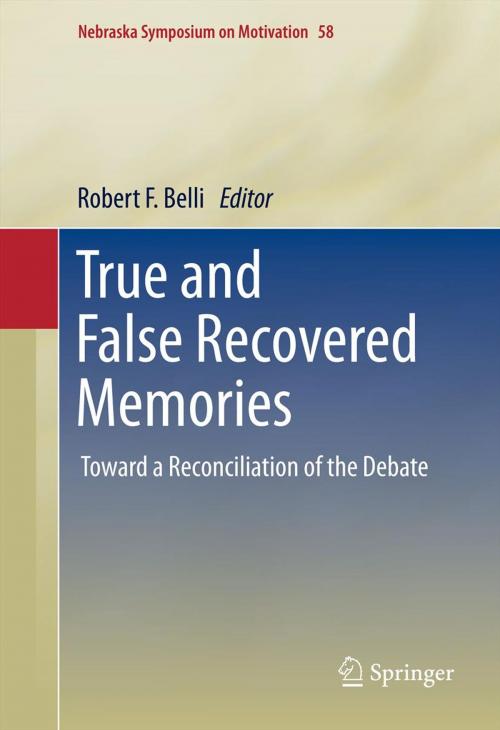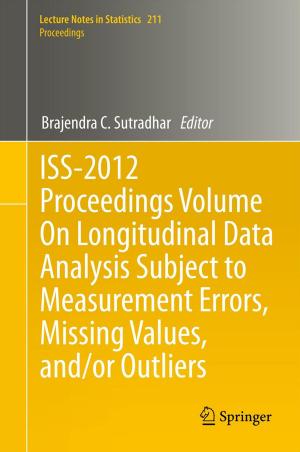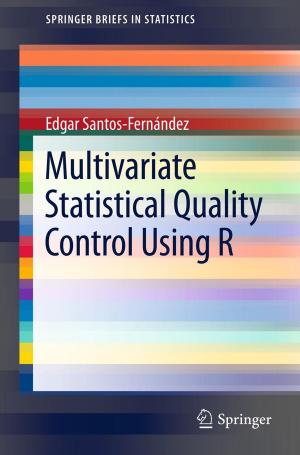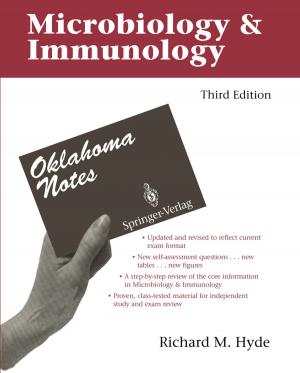True and False Recovered Memories
Toward a Reconciliation of the Debate
Nonfiction, Health & Well Being, Psychology, Personality| Author: | ISBN: | 9781461411956 | |
| Publisher: | Springer New York | Publication: | November 18, 2011 |
| Imprint: | Springer | Language: | English |
| Author: | |
| ISBN: | 9781461411956 |
| Publisher: | Springer New York |
| Publication: | November 18, 2011 |
| Imprint: | Springer |
| Language: | English |
Beginning in the 1990s, the contentious “memory wars” divided psychologists into two schools of thought: that adults’ recovered memories of childhood abuse were generally true, or that they were generally not, calling theories, therapies, professional ethics, and survivor credibility into question. More recently, findings from cognitive psychology and neuroimaging as well as new theoretical constructs are bringing balance, if not reconciliation, to this polarizing debate. Based on presentations at the 2010 Nebraska Symposium on Motivation, True and False Recovered Memories: Toward a Reconciliation of the Debate assembles an expert panel of scholars, professors, and clinicians to update and expand research and knowledge about the complex interaction of cognitive, emotional, and motivational factors involved in remembering—and forgetting—severe childhood trauma. Contrasting viewpoints, elaborations on existing ideas, challenges to accepted models, and intriguing experimental data shed light on such issues as the intricacies of identity construction in memory, post-trauma brain development, and the role of suggestive therapeutic techniques in creating false memories. Taken together, these papers add significant new dimensions to a rapidly evolving field. Featured in the coverage: The cognitive neuroscience of true and false memories. Toward a cognitive-neurobiological model of motivated forgetting. The search for repressed memory. A theoretical framework for understanding recovered memory experiences. Cognitive underpinnings of recovered memories of childhood sexual abuse. Motivated forgetting and misremembering: perspectives from betrayal trauma theory. Clinical and cognitive psychologists on all sides of the debate will welcome True and False Recovered Memories as a trustworthy reference, an impartial guide to ongoing controversies, and a springboard for future inquiry.
Beginning in the 1990s, the contentious “memory wars” divided psychologists into two schools of thought: that adults’ recovered memories of childhood abuse were generally true, or that they were generally not, calling theories, therapies, professional ethics, and survivor credibility into question. More recently, findings from cognitive psychology and neuroimaging as well as new theoretical constructs are bringing balance, if not reconciliation, to this polarizing debate. Based on presentations at the 2010 Nebraska Symposium on Motivation, True and False Recovered Memories: Toward a Reconciliation of the Debate assembles an expert panel of scholars, professors, and clinicians to update and expand research and knowledge about the complex interaction of cognitive, emotional, and motivational factors involved in remembering—and forgetting—severe childhood trauma. Contrasting viewpoints, elaborations on existing ideas, challenges to accepted models, and intriguing experimental data shed light on such issues as the intricacies of identity construction in memory, post-trauma brain development, and the role of suggestive therapeutic techniques in creating false memories. Taken together, these papers add significant new dimensions to a rapidly evolving field. Featured in the coverage: The cognitive neuroscience of true and false memories. Toward a cognitive-neurobiological model of motivated forgetting. The search for repressed memory. A theoretical framework for understanding recovered memory experiences. Cognitive underpinnings of recovered memories of childhood sexual abuse. Motivated forgetting and misremembering: perspectives from betrayal trauma theory. Clinical and cognitive psychologists on all sides of the debate will welcome True and False Recovered Memories as a trustworthy reference, an impartial guide to ongoing controversies, and a springboard for future inquiry.















